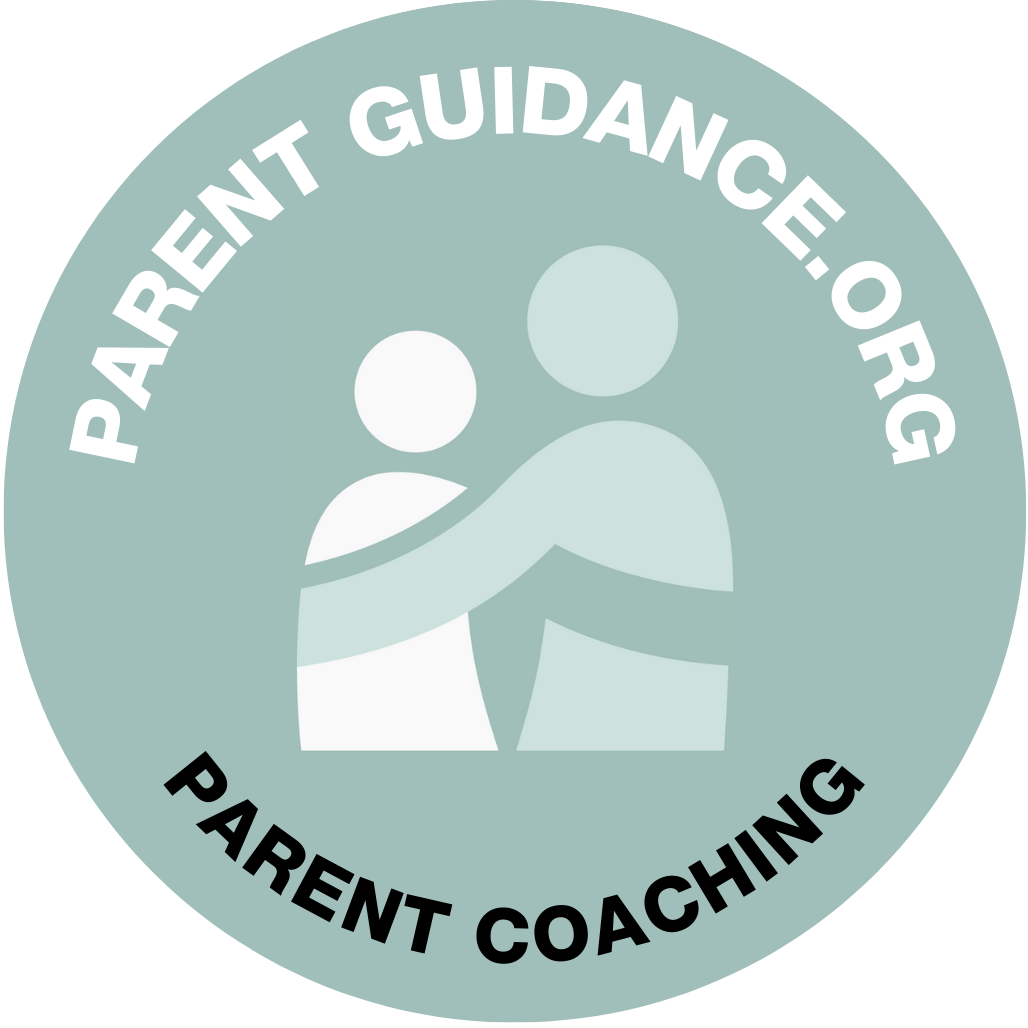Transition Services & Planning
Transition planning helps students with disabilities decide what they want to do after high school – whether the next step is living independently, getting a job, or attending college. It also helps them figure out how to get there. The purpose is to help teens prepare to be independent young adults.
Specific goals are established based on your student's interests and abilities, and long-term goals. Students work on those specific goals and get services and do activities to help achieve them.
At the heart of the transition process is the transition plan. This is a required part of a student’s Individualized Education Plan (IEP) by the time they turn 16. To develop it, the IEP team works with a student to identify strengths and interests. These, in turn, guide planning.
Have questions about Transition Services?
For more information about Transition Services, please call or email
Kristen Capra,
Transition Coordinator for Livingston ESA at
517.980.2021 or KristenCapra@LivingstonESA.org
Postsecondary Goals
The goals in the IEP transition plan state what a student wants to do or achieve after high school. Goals can be in four areas:
- Vocational training (e.g., learning a trade)
- Postsecondary education (e.g., college or other schooling)
- Jobs and employment
- Independent living
Just like annual IEP goals, transition goals must be written with a result in mind. They must also be measurable. In other words, you must be able to know if the goals have been accomplished. Transition goals must focus on what happens after high school.
Keep in mind that transition goals may change several times as a student’s interests develop. It’s not unusual for teens to explore different careers and paths. Transition goals are reviewed and updated every year, along with the rest of the IEP.
Goals may be more general for kids in middle school and when they’re starting high school. They get more specific as students enter later grades.
For example, a transition goal for an eighth grader might be: After high school, I will work full time in a career working with cars. An example of a goal for a 10th grader might be: After graduating from high school, I will enroll at ABC College (an automotive technician school) and take classes to prepare me for a career as a mechanic.
Good transition goals can be a challenge to write.
Transition Services
Once transition goals are set, the IEP team will decide what services a student needs to meet goals. The range of possible services is broad:
- Instruction (including special education)
- Related services
- Community experiences, like volunteer work
- Career and college counseling
- Help with daily living skills, if needed
These services must be reviewed and updated annually to support a student’s transition goals. Just like goals, services may change over time to reflect a student’s interests. The IEP team might list accommodations, too.
The team can also use IEP goals to support the transition plan. For example, a student who wants to attend auto mechanic school may first need to learn specific math skills. So the team may need to set IEP goals and provide school services related to math.
Some transition services can take place at school. But often, transition services occur at home or in the community, like at local youth employment programs and vocational rehab centers. During transition planning, the IEP team may invite community agencies or job specialists to help.
Activities that Support Students' Transition Goals
Transition goals related to independent living may involve having your student take on more responsibility. For example, students might:
- Open a bank account and learn to manage money.
- Shop for groceries and plan and prepare meals.
- Be responsible for maintaining a car and buying auto insurance.
- Use public transportation.
- Schedule their own appointments with a health care provider and choose health insurance.
- Set up and use a calendar for school, work, personal appointments, and leisure time.
Transition goals for students who want to explore college, career, and job options may:
- Research and visit local colleges and training schools they’re interested in attending.
- Meet with other students who have gone on to college or careers.
- Tour a workplace or shadow a mentor or role model at work.
- Network with friends and relatives about their careers.
- Go on informational interviews.
- Explore local internships and apprenticeships.
Frequently Asked Questions
Who can help me with transition planning?
Your student's case coordinator, the IEP team, and the Livingston ESA Transition Coordinator assigned to your child's school.

Kristen Capra
Transition Coordinator for Livingston ESA
KristenCapra@LivingstonESA.org
517.980.2021
When is a good time to start transition planning?
Although services must start by age 16, planning often starts earlier. Some IEP teams begin working with students as early as middle school to help them explore their interests and possible careers.
All local schools support having a complete transition plan written into the IEP when a student is in 8th grade, but discussions may begin earlier.
Beginning at age 14, the student's Individualized Education Plan (IEP) must include a statement about their course of study. At age 16, their IEP must include a statement of transition services based on the student's goals for life after high school.
What does Transition Planning focus on?
- Independent living & daily life skills
- Career/Employment
- Postsecondary Education
- Vocational Training
Resources
Vocational Training Flowchart
Special Needs Planning
Resources Binder
Transition Planning: A Roadmap to Your Future
What is the difference between a Diploma and a Certificate of Completion?
A comparison: Diploma and Certificate of Completion
Diploma |
Certificate |
|
| What are the requirements? | A student meets all the requirements for graduation with or without a personal curriculum (PC). | A student has completed high school but didn’t meet all the requirements for graduation |
| Are accommodations allowed? | Yes | Yes |
| Do public school services end? | Yes | No |
| Can students participate in graduation activities? | Participation in graduation activities is determined by the school district. | Participation in graduation activities is determined by the school district. |
More information can be found here:
Can my student attend college without a high school diploma?
Students can apply to community colleges without a high school diploma but must take entrance tests to assess their readiness to begin college-level courses. A common assessment is the Accuplacer (writing & math). You can access practice tests and guides online.
Do public school services end if my student receives a diploma?
Once a diploma is issued, students' entitlement to an IEP ends. However, laws governing 504 plans and the Americans with Disabilities Act take over to ensure accommodations are available to students in academic settings.
It is important to remember that students must self-identify the need for support and provide documentation about their disability to the post-secondary institution.
Please visit these online resources for additional information:
- Michigan Colleges – SAT & GPA
- Disability Offices – Michigan Colleges & Universities
- College Readiness Guide
- Transition to College Checklist
- Secondary Education Exit Considerations
What services are available for my student if they do not receive a Michigan-endorsed diploma?
Students who complete high school with a certificate of completion and qualify for an Individualized Education Plan are eligible for education-based services through age 26.
Our Adult Transition Services programs provide classroom and community-based activities to young adults with disabilities that prepare them to lead independent lives as they enter the adult world.
For more information about our Adult Transition Services programs, please call or email Kristin Resseguie, Director of Livingston ESA Special Education Programs, at 517.540.6875 or KristinResseguie@LivingstonESA.org.
What are Michigan Rehabilitation Services (MRS)?
Michigan Rehabilitation Services, or MRS, is the vocational rehabilitation agency for Michigan and is housed within the Department of Health and Human Services. Transition Counselors are assigned to work with students with disabilities, beginning while they are in high school, to assist in looking at job and career options.
Ask your student's case coordinator for more information about MRS-sponsored work-based programs and how to receive a referral for services.
Will I need to become my child's guardian when they turn 18?
Families are naturally concerned about what will happen when their child turns 18 or when the parents are no longer around or able to advocate and monitor the care of their child. Parents should consider legal guardianship and alternatives well before their child's 18th birthday.
The Arc of Livingston and Community Mental Health are excellent resources for exploring options and deciding what will work best for your student and family.
Parents should communicate decisions about their child's guardianship with their student's teacher or case coordinator to assist in transition planning.
The Arc of Livingston
Community Mental Health
Additional Resources
Will I need to Become my Child’s Guardian?
Guardianship Alternatives – Sample Documents
Guardianship – Court Handbook
Social Security Benefits
MI Bridges


